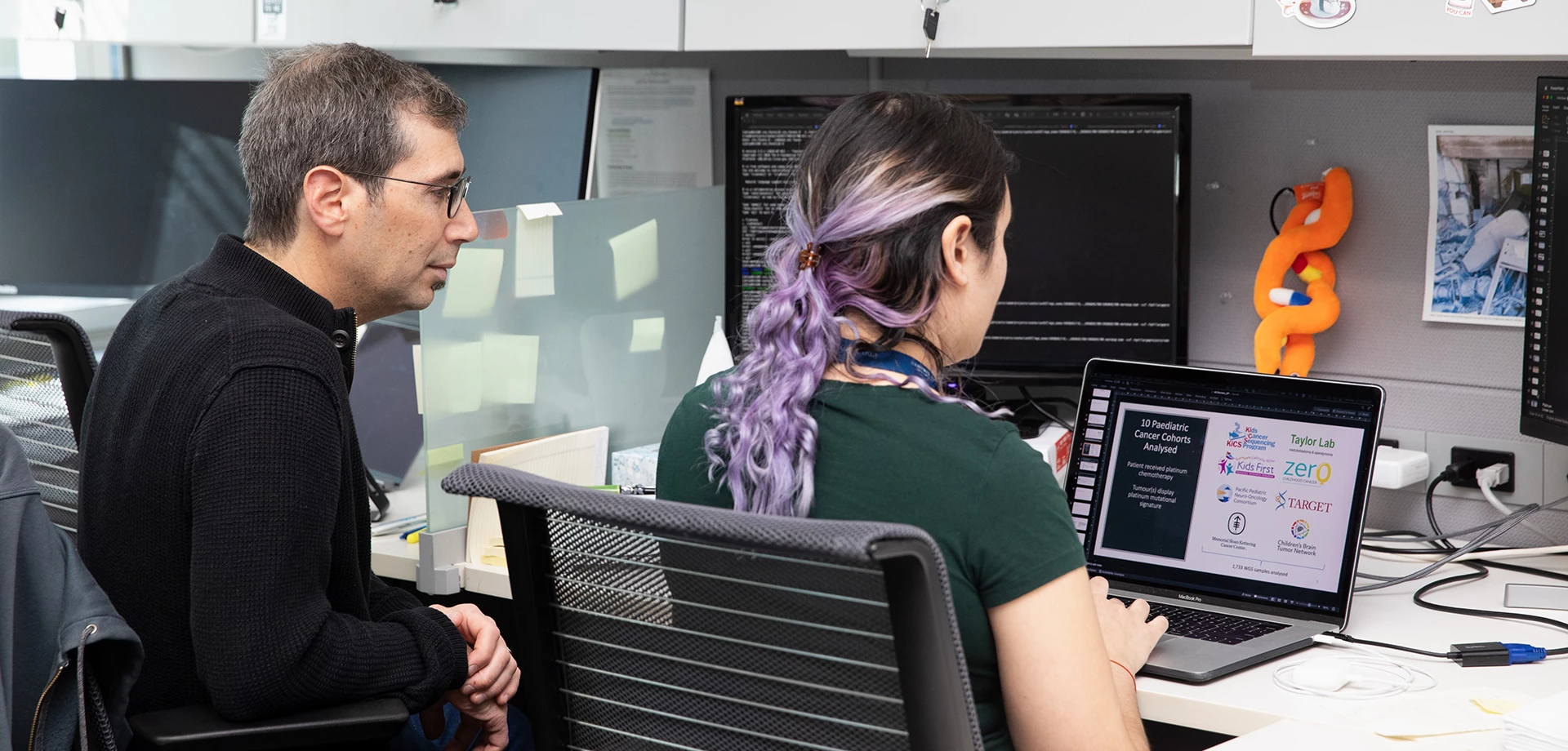Novel machine-learning algorithm creates atlas of cancer with potential as universal diagnostic platform

In the first broad comparison of paediatric and adult cancer, researchers at The Hospital for Sick Children (SickKids) have analyzed 13,000 individual cancers and built an ‘atlas’ of paediatric cancer using a novel machine-learning algorithm.
The diagnosis of cancer is, for an estimated 18.1 million people worldwide per year, mostly reliant on the microscopic examination and detection of specific proteins. The accuracy of these methods is variable, and improvements are not easily shared between institutes. This is especially true for paediatric cancer, which is the most frequent cause of death-by-disease in children past infancy in the developed world.
“As the burden of cancer increases worldwide, the complexity of cancer diagnostics is expected to grow unless new methods are developed,” explains Dr. Adam Shlien, a Senior Scientist in the Genetics & Genome Biology program whose team developed this algorithm. “Our platform can be used at any hospital to increase the speed and accuracy of diagnosing cancer, even for rare types.”
Described in a new study published in Nature Medicine, this machine-learning algorithm classifies every known major type of childhood cancer and can refine, or match, a given cancer diagnosis for 85 per cent of paediatric cancer patients.

